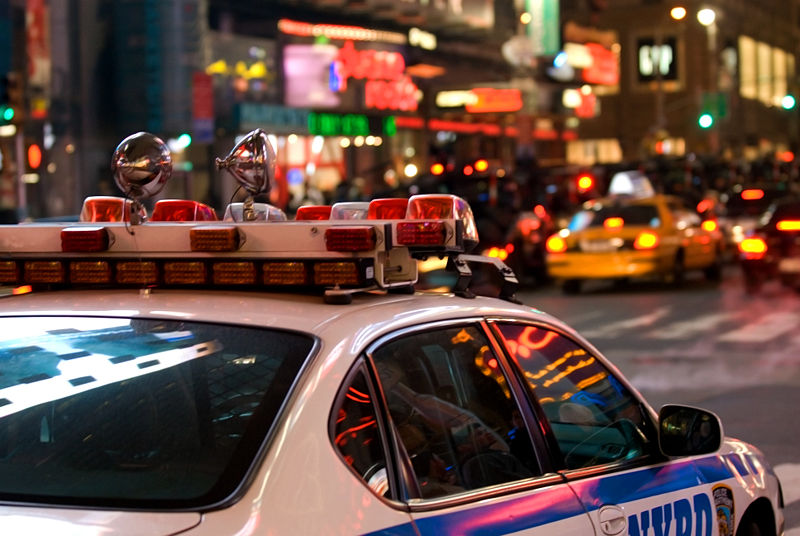
Nightmares realized.
The NYPD, which has an entire unit dedicated to monitoring social media, is now running images from Facebook, Instagram, and Twitter through its face recognition program. Protesters beware. The photographs you're taking of your friends and comrades might end up being used against them by the very police department you're out there contesting.
Unfortunately, it's illegal to wear a mask in a group of two or more people in New York. But if you paint your face with strange markings, it might keep the NYPD's algorithms from processing your face and connecting it to your identity. Journalists can also use the Guardian Project's Obscura tool to blur images of faces.
But those technical hacks aren't a solution to the policy problem.
Ultimately someone could challenge either the mask ban or the use of face recognition on protesters, should a specific deployment of the technology against a protester ever be revealed. The Supreme Court has repeatedly held that we have a right to anonymously criticize the government guaranteed under the First Amendment. As the Supreme Court ruled in 1995:
Protections for anonymous speech are vital to democratic discourse. Allowing dissenters to shield their identities frees them to express critical minority views . . . Anonymity is a shield from the tyranny of the majority. . . . It thus exemplifies the purpose behind the Bill of Rights and of the First Amendment in particular: to protect unpopular individuals from retaliation . . . at the hand of an intolerant society.
Face recognition technology deployed in secret by the NYPD makes this kind of anonymous speech difficult, and it will only grow more difficult as the spy tools grow more powerful and more accurate. Wither the right to anonymity?
